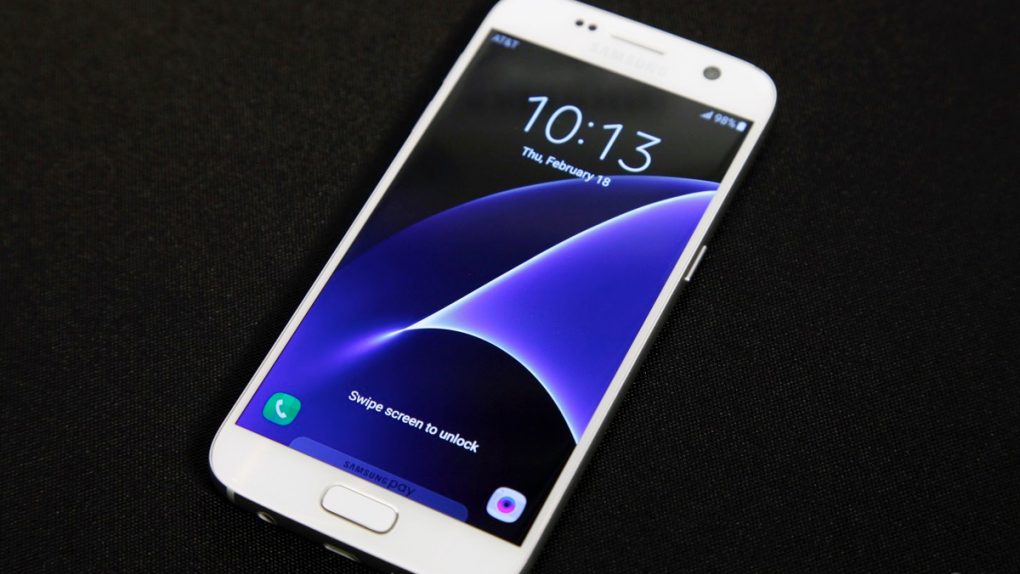It’s too early to talk about Samsung’s next-generation Galaxy S8 smartphone, especially now that the South Korean smartphone maker is getting ready to unveil the Galaxy Note 7. But a new report provides more details about what might be one of the processors that will power some of the best Android smartphones launching next year, including the Galaxy S8.
DON’T MISS: Crazy iPhone trick turns your wallpapers into optical illusions
A message posted on Weibo picked up from GizmoChina says that Qualcomm’s CEO confirmed that the Snapdragon 830 processor will be made on a 10nm process, and should be released early next year.
It’s likely that at least one version of the Galaxy S8 will have a Snapdragon 830 processor inside, and so will many other flagship devices from the competition.
What’s exciting about this rumor is the 10nm process manufacturing detail. By moving to 10nm chip technology, Qualcomm will be able to make faster and more energy-efficient processors. Since Samsung is going to actually manufacture the new Qualcomm silicon, it’s likely that next year’s Exynos processors will also be 10nm chips. That’s because Samsung typically uses both Exynos and Snapdragon processors in its top mobile devices, but tries to offer the same overall smartphone performance.
It’s not just Android that’s about to make the jump to 10nm silicon. Apple’s future iPhone is also expected to pack 10nm chips, which should be made by TSMC. MediaTek is also rumored to be working on its own 10nm chips for mobile devices.
It’s unclear so far what a 10nm Snapdragon 830 processor will have to offer, but GizmoChina says that earlier rumors suggested the processor will use a 10nm FinFET process and Kyro 200 architecture, featuring an Adreno 540 GPU, X16 baseband that supports download speeds of up to 980Mbps, LPDDR4X RAM support, and 4K/2K video recording at 60fps, among other things.








